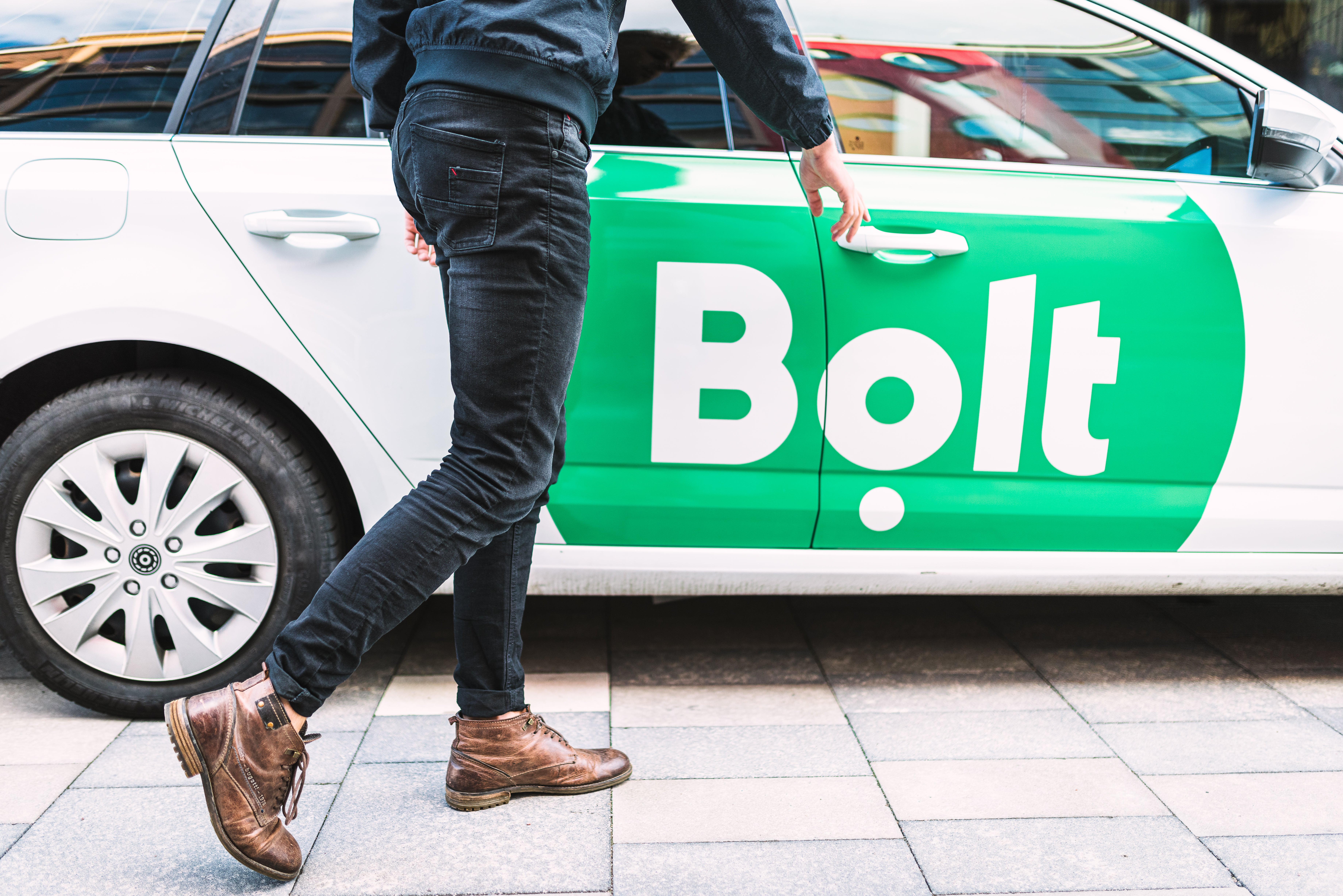- News
- Business
The ride-sharing app said potential tax changes would disproportionately affect shift-based workers and vulnerable people who rely on taxi services.
Anna WiseMonday 24 November 2025 00:01 GMT open image in galleryMinicab hailing app firm Bolt has announced it will allow drivers to set their own prices (Bolt/PA)
open image in galleryMinicab hailing app firm Bolt has announced it will allow drivers to set their own prices (Bolt/PA)
For free real time breaking news alerts sent straight to your inbox sign up to our breaking news emails
Sign up to our free breaking news emails
Sign up to our free breaking news emails
 Email*SIGN UP
Email*SIGN UPI would like to be emailed about offers, events and updates from The Independent. Read our Privacy notice
Bolt has criticised potential plans for a new “taxi tax” as “incredibly harmful” to the industry, as it trials a new feature letting drivers set prices and negotiate with passengers.
The European ride-sharing app, which rivals Uber, said tax changes would disproportionately affect shift-based workers and vulnerable people who rely on taxi services.
The Chancellor is thought to be considering introducing a 20% VAT on all private hire fares to help raise funds in her autumn Budget, due to be delivered on Wednesday.
Many cab drivers do not have to charge VAT on journeys because they are classed as self-employed and fall under the yearly earnings threshold.
Kimberly Hurd, Bolt’s UK senior manager, told the PA news agency: “If the Government does decide to enable a 20% VAT on fares, it’d be incredibly harmful and destabilising to the industry.”
“That increase on fares directly increases the cost for passengers and hurts drivers’ livelihoods.”
She added that the “punitive” tax would fall hardest on “passengers that rely on this essential service and drivers that rely on this as income”.
Ms Hurd said the threat of the proposals was a major driver of its decision to launch its “Bolt Flex” service, which it says is the first of its kind in the industry.
The model lets drivers outside of London set their own trip prices and accept price offers from passengers, with a flat commission for each trip.
Bolt said it meets demands from its drivers for more control over pricing, particularly for longer or more difficult trips.
It also means passengers who are willing to pay more for a journey can bid a higher price and their trip is more likely to be accepted.
Ms Hurd said the market “self-regulates” to avoid prices being set too high, but that testing of the model shows that its drivers are earning more from prices being set higher.
“We’re seeing very minimal price increases – we’re not seeing decreases,” she told PA.
“But on the other side, what we’re seeing is drivers saying that they’re earning over 25% more on Flex, and they’re seeing 14% more orders coming in every hour.
She added that it was seeing “passengers and drivers setting their prices a bit higher”.
The feature is currently being trialled in nine UK cities including Sheffield, Newcastle and Cardiff, and the company is looking to roll it out across the UK and potentially internationally in the future.
It will not be available in London because of different regulations imposed by Transport for London.




